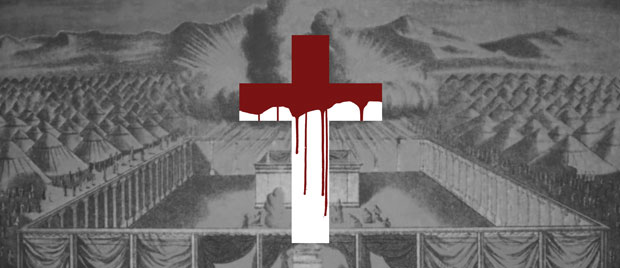
It is common to think of the Old Testament ritual as
providing the model that Jesus’ priesthood subsequently copied and
fulfilled. But Hebrews sees things differently. The Old Testament ritual
of the high priest moving through the tabernacle—with its various rooms
and furniture, especially the Holy of Holies and the ark with the mercy
seat—is not the model but the copy (Heb. 8:5).
Christ has made a way into heaven; that is the reality. Hebrews has
much to say about this. Jesus “went through the greater and more perfect
tabernacle that is … not a part of this creation” (Heb. 9:11, NIV). “With His own blood He entered the Most Holy Place once for all” (Heb. 9:12). In fact, Jesus now ministers in the heavenly tabernacle (Heb. 8:2).
Notice what grips the mind of the author: if the copy (the wilderness
tabernacle) needed purification, then the “heavenly things themselves
[had to be purified] with better sacrifices” (Heb. 9:23). But what is this purifying of heavenly things?
For the people to be brought symbolically and temporarily into the
presence of God, every part of the tabernacle had to be ritually
cleansed, since nothing defiled could be employed in man’s approach to a
holy God (Heb. 9:19–23).
Therefore, on the Day of Atonement, Aaron slew a sacrifice, entered the
Holy of Holies with the blood, and poured it out on the mercy seat
between the cherubim (Lev. 16:15–16). Continue at Sinclair Ferguson
No comments:
Post a Comment